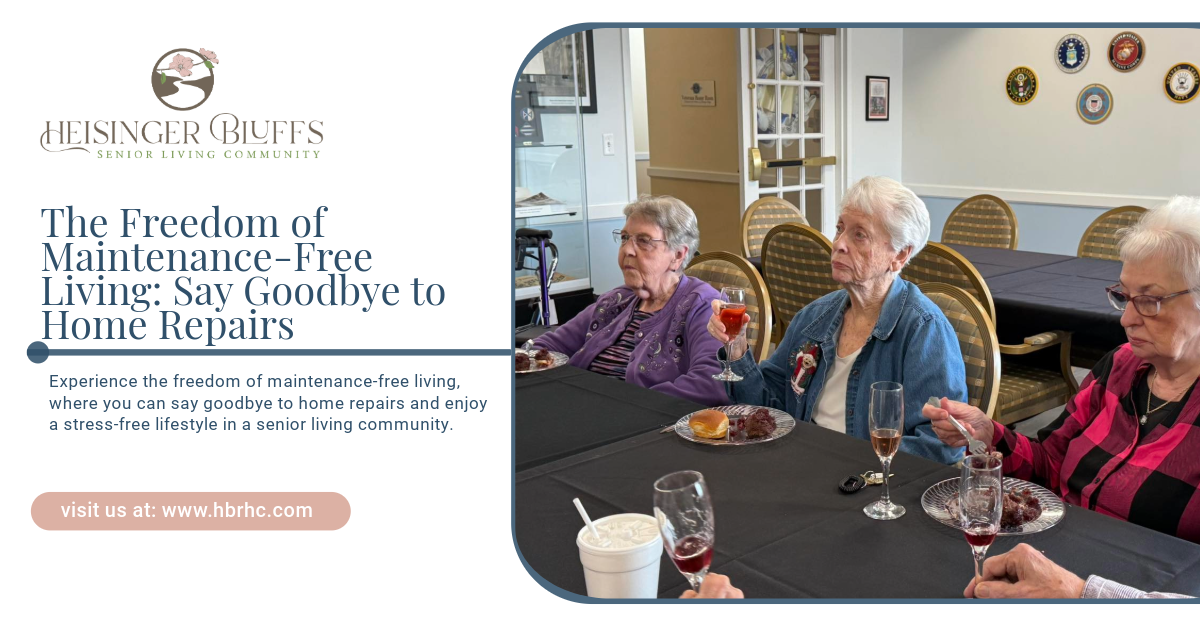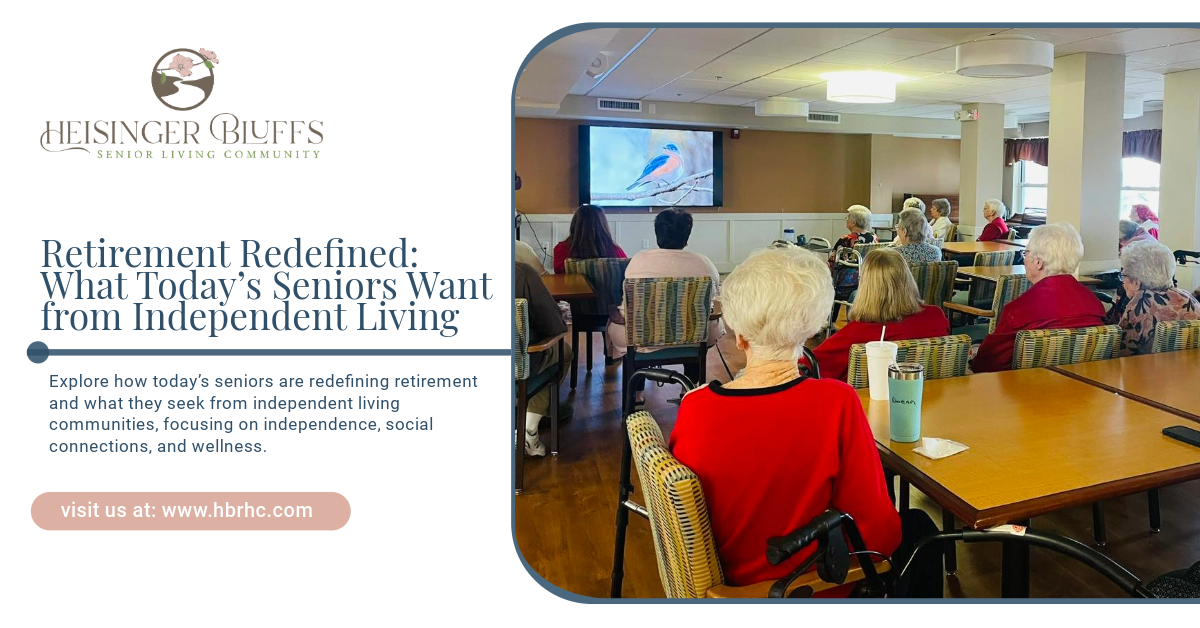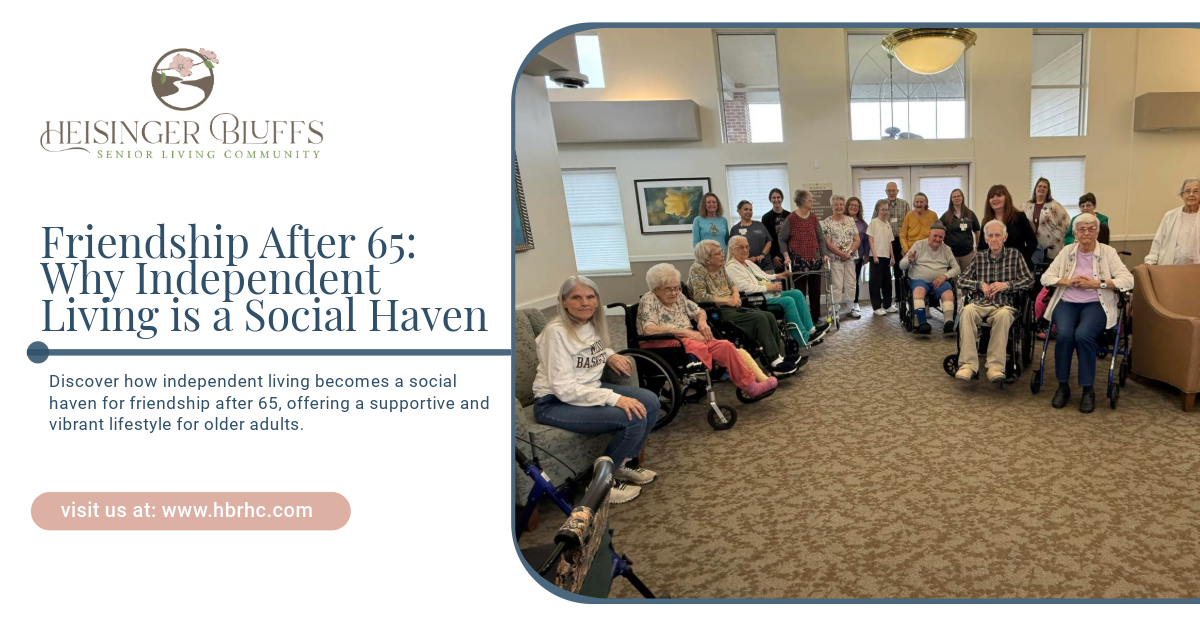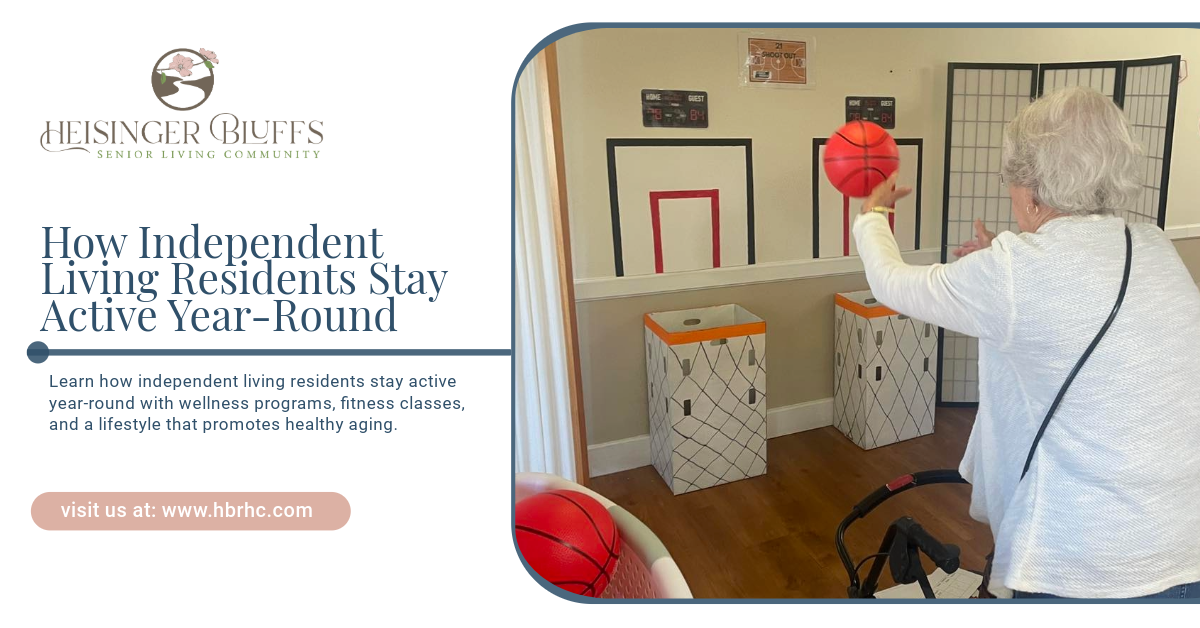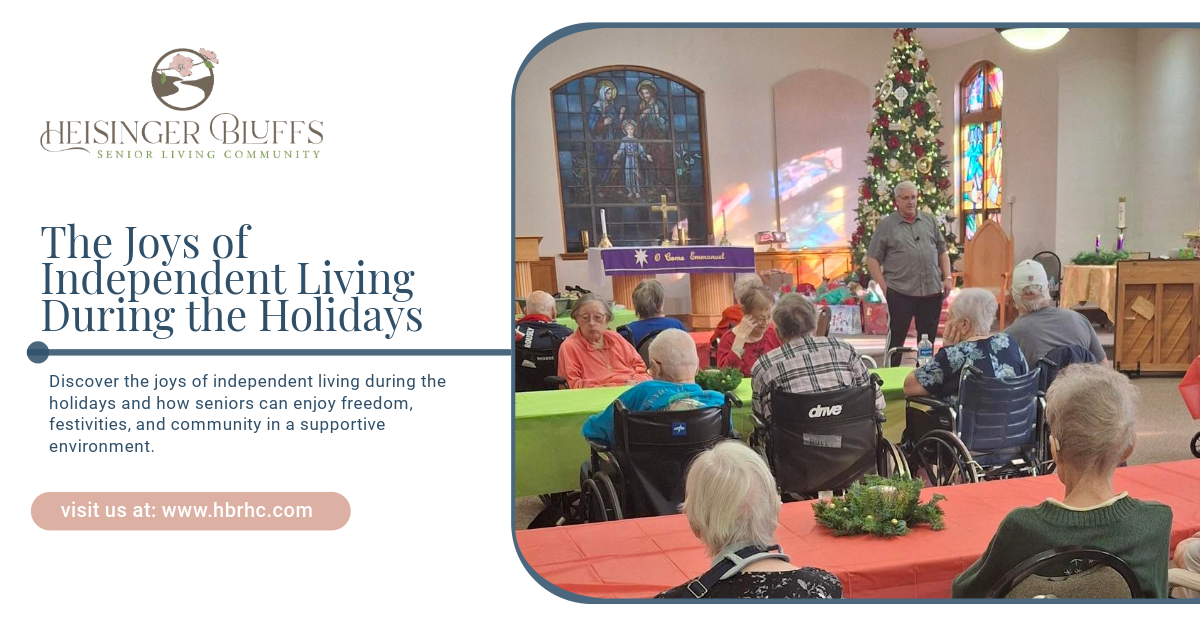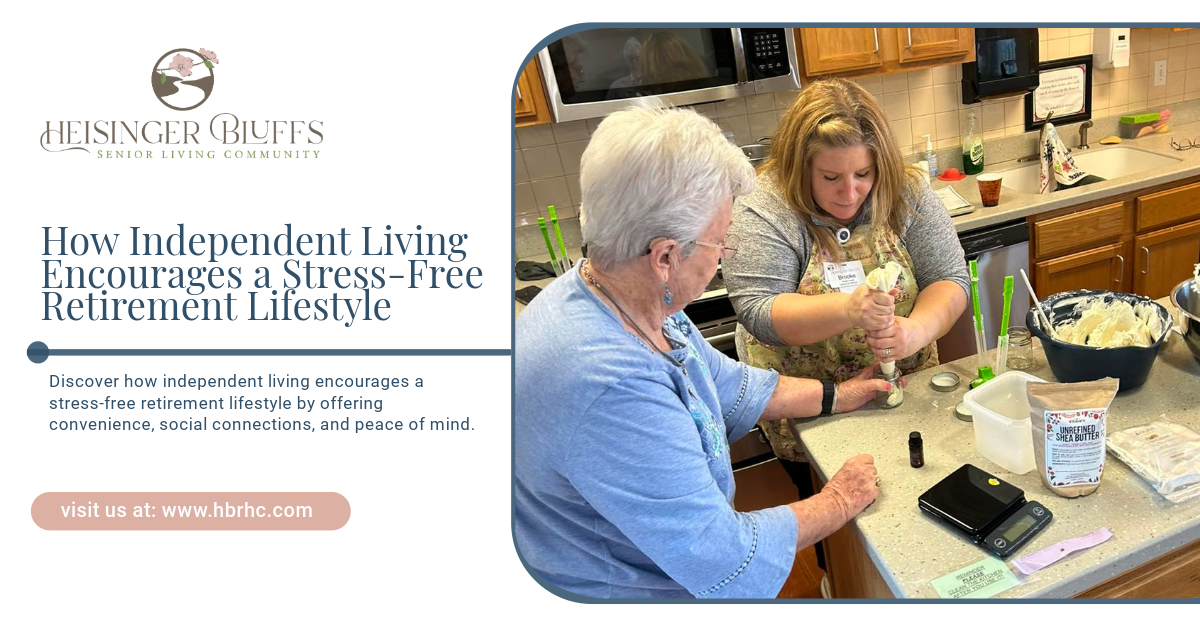Get in touch
The Psychological Benefits of Short-Term Care for Recovery
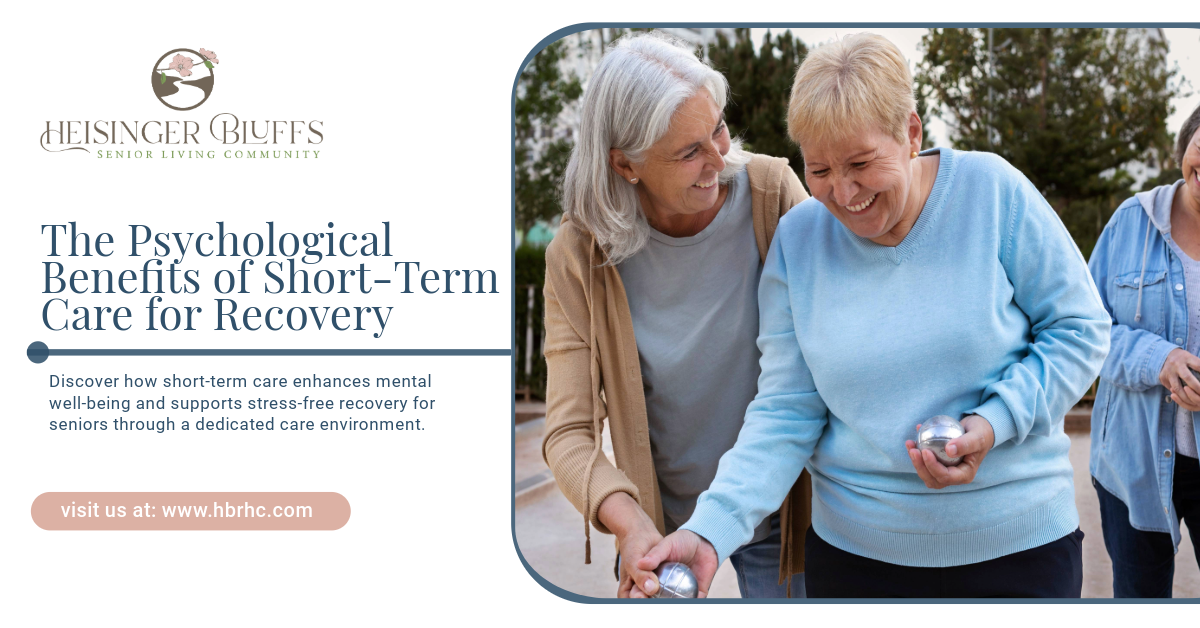
After an illness, injury, or surgery, the path to full recovery can be a challenging journey for seniors and their families. In these situations, short-term care facilities offer a unique recovery environment focused on support, comfort, and specialized care. Short-term care is designed not only to aid physical recuperation but also to provide psychological benefits that enhance mental well-being and resilience.
A dedicated, structured recovery setting can significantly reduce stress, improve motivation, and even expedite recovery by providing round-the-clock access to trained professionals, social opportunities, and personalized therapy. Let’s explore how short-term care supports the mental and emotional well-being of seniors during recovery, while also helping them regain independence and confidence.
What is Short-Term Care for Recovery?
Short-term care, often known as respite care or temporary rehabilitation, is a type of residential care aimed at helping individuals recover after a hospital stay, surgery, or other medical events that impact mobility and independence. Unlike long-term or permanent care, short-term care is typically provided for a few weeks to a few months, allowing patients to regain strength and skills in a structured and supportive environment.
This type of care offers various forms of therapy, such as:
- Physical Therapy to help regain strength, mobility, and coordination.
- Occupational Therapy for relearning daily tasks like dressing and grooming.
- Speech Therapy to address speech, language, or swallowing issues after a stroke or neurological condition.
Short-term care is especially beneficial for seniors who may not require hospital-level care but are not yet ready to return home. With a blend of clinical support, social interaction, and professional guidance, short-term care facilities play an integral role in a well-rounded recovery plan.
The Psychological Impact of a Structured Recovery Environment
Recovering from a health setback is as much a mental journey as it is a physical one. For many seniors, the transition from hospital to home can feel overwhelming, particularly when they’re not fully independent. Short-term care provides a “bridge” between hospital and home life, easing the mental and emotional strain by focusing on both physical and psychological well-being.
1. Reduced Stress and Anxiety
In a structured recovery environment, seniors have access to medical professionals who monitor their progress and address any health concerns promptly. This access to expert care reduces anxiety about recovery setbacks, as residents feel reassured knowing they’re in a safe and supportive setting. With reduced stress and clear recovery milestones, seniors can focus on their health without feeling overwhelmed by the responsibilities and potential risks of living alone.
2. Increased Confidence in the Recovery Process
A focused care environment also fosters a sense of accomplishment. Short-term care programs set achievable goals that seniors can work toward, whether it’s walking a certain distance, completing a set of exercises, or achieving small but essential daily tasks. These achievements are often celebrated by staff and other residents, reinforcing self-esteem and confidence.
3. Enhanced Social Connection
One of the most valuable aspects of short-term care is the social interaction it provides. Studies show that social engagement is closely tied to emotional well-being, particularly among seniors. Short-term care facilities offer opportunities for seniors to connect with others going through similar experiences, participate in group activities, and build meaningful relationships. This sense of community can be deeply comforting, helping reduce feelings of loneliness and isolation that may otherwise hinder the recovery process.
4. Structured Routine for Mental and Physical Stability
Short-term care facilities offer a structured daily routine, which can have a significant positive effect on mental stability. Seniors know when their meals, therapies, and recreational activities are scheduled, helping them establish a predictable rhythm that brings comfort and consistency. A structured routine also helps seniors focus on their recovery milestones, aiding in faster physical recuperation as they adhere to prescribed exercises and therapies.
The Role of Therapeutic Activities in Short-Term Care
Therapeutic activities are an essential component of short-term care, addressing both physical and mental well-being. These activities encourage residents to participate actively in their recovery, making it a rewarding experience rather than a passive one.
1. Physical Activities to Boost Mood
Physical activity releases endorphins, which play a significant role in improving mood and reducing anxiety. In short-term care settings, activities like guided exercise classes, walking programs, and even light stretching contribute to both physical recovery and mental positivity. Guided exercise also ensures that seniors move safely, reducing the risk of injury and enhancing confidence in their physical capabilities.
2. Cognitive Stimulation
Cognitive engagement is essential for seniors recovering from medical events that impact mental clarity or memory. Short-term care facilities often offer puzzles, memory games, and reading groups to stimulate the brain, supporting cognitive health. By engaging in these activities, residents often feel a renewed sense of purpose and mental clarity, which can positively impact their overall recovery outlook.
3. Art and Music Therapy
Creative therapies, such as art and music, offer an expressive outlet for residents to process their emotions. Music therapy, in particular, has been shown to reduce stress and improve mood, while art therapy provides a way for individuals to express feelings they may struggle to put into words. These activities are especially beneficial for seniors who may be experiencing frustration or anxiety about their recovery progress.
Physical and Psychological Benefits of Short-Term Care
Beyond reducing stress and providing a supportive environment, short-term care promotes physical and psychological well-being in a variety of ways.
1. Faster Recovery with Professional Support
With immediate access to professional guidance and therapy, seniors in short-term care often experience faster recovery times compared to those recovering at home. Therapists provide instruction on safe exercises and daily tasks, reducing the risk of re-injury. For seniors, this means they can regain their independence more quickly and confidently.
2. Improved Sleep Patterns
Many seniors struggle with disrupted sleep patterns during recovery, often due to pain, anxiety, or an irregular schedule. Short-term care facilities help address these challenges by creating a stable, comforting environment conducive to rest. Therapists and staff work with seniors to address any issues impacting sleep quality, ultimately aiding in faster recovery and better mental health.
3. Prevention of Depression and Loneliness
Depression and loneliness are common concerns among seniors recovering from surgery or illness, especially if they live alone. Short-term care facilities create a sense of community, ensuring that seniors are surrounded by others who understand and empathize with their experience. By preventing feelings of isolation, these facilities play an essential role in supporting residents’ mental health, which is integral to a holistic recovery process.
A Supportive Community for Seniors and Their Families
Short-term care can also provide peace of mind for family members who might otherwise feel the burden of caregiving alone. With a professional team overseeing their loved one's recovery, family members can take a step back, knowing their loved one is in a secure environment. This support system is particularly beneficial for families juggling other responsibilities or who live far from their loved one.
For family members, short-term care means reduced stress and confidence that their loved one is in capable hands. Family members can visit and be involved in the recovery process without the pressure of providing 24/7 care, allowing them to focus on offering emotional support and encouragement.
Choosing the Right Short-Term Care Facility
When selecting a short-term care facility, it’s essential to consider factors such as the quality of medical staff, the range of therapies offered, and the facility’s amenities. Look for a facility that offers:
- Experienced Medical Staff: Ensure that the facility has qualified therapists, doctors, and nurses experienced in senior care.
- Comprehensive Therapy Options: Choose a facility that offers a variety of therapy options, from physical and occupational therapy to recreational activities and wellness programs.
- Comfort and Community: A comfortable and welcoming environment can significantly impact the mental and emotional well-being of residents. Look for a facility that prioritizes social engagement and a positive atmosphere.
- Flexible Programs: Some facilities offer personalized care plans and flexible program lengths, so recovery is as tailored as possible to individual needs.
- Strong Communication with Families: Regular updates and open communication with family members ensure that everyone is informed and involved in the recovery process.
Supporting Seniors’ Recovery at Heisinger Bluffs
At Heisinger Bluffs, our short-term care services provide seniors with a supportive, compassionate environment where they can focus on recovery without the worries of managing daily life alone. With a team of dedicated professionals, a range of therapeutic options, and a community of supportive peers, residents at Heisinger Bluffs receive comprehensive care that supports their mental, emotional, and physical well-being.
Frequently Asked Questions
What is short-term care, and how does it benefit seniors?
Short-term care is a temporary recovery program offering medical and therapeutic support for seniors after an illness, injury, or surgery. It provides professional care, reducing stress and aiding in a faster, more comfortable recovery.
How does short-term care differ from long-term care?
Short-term care is focused on recovery and rehabilitation for a short period, while long-term care provides ongoing support for those needing permanent assistance with daily activities.
Can family members visit loved ones in short-term care?
Yes, family members are encouraged to visit and participate in their loved one’s recovery journey, offering emotional support without the need for round-the-clock caregiving.



Want to know more?
We will get back to you as soon as possible.
Please try again later.
You May Also Like To Read
Heisinger Bluff’s Life Plan Community is here to make your senior years safe, stimulating and enjoyable so that you can savor the present, knowing the future will be taken care of.
QUICK LINKS
CONTACT
©2024. Heisinger Bluffs. All rights reserved.


